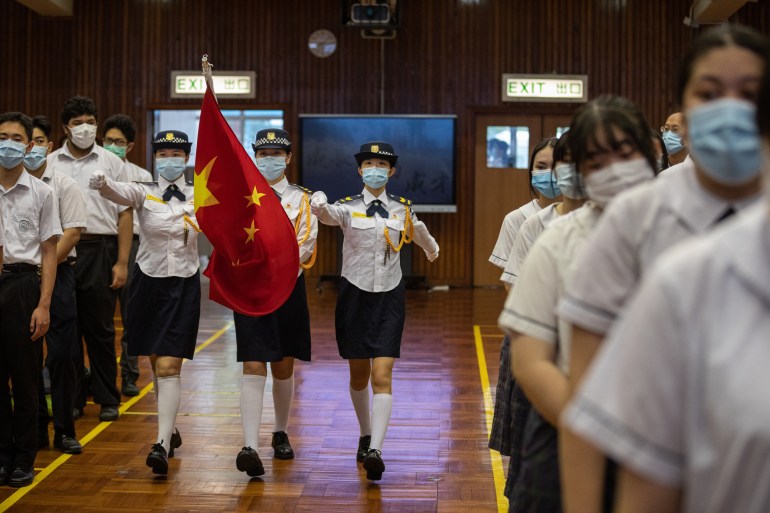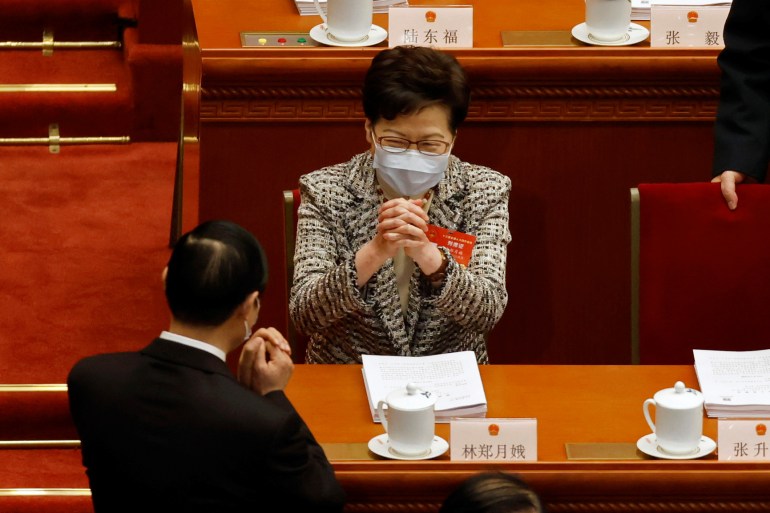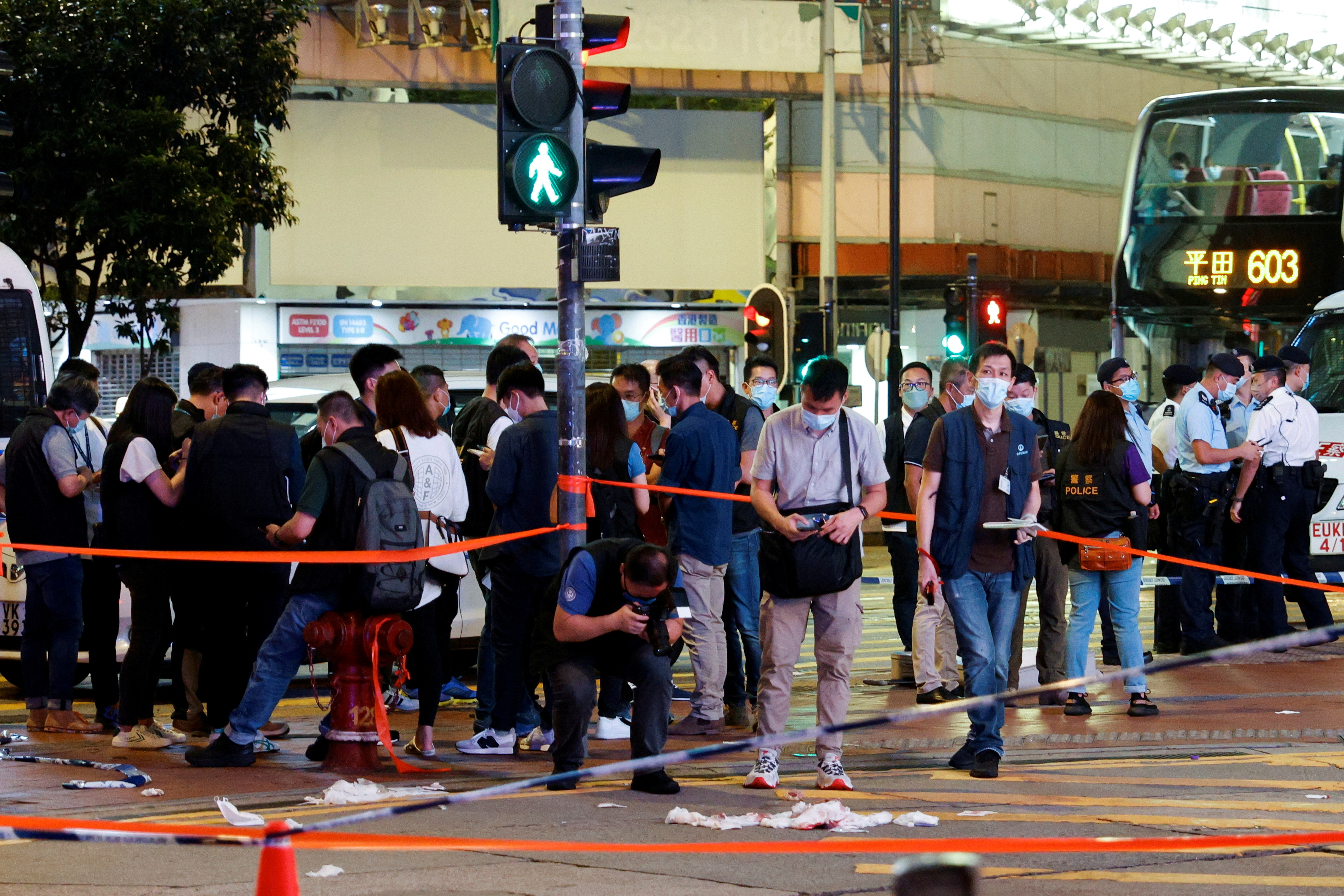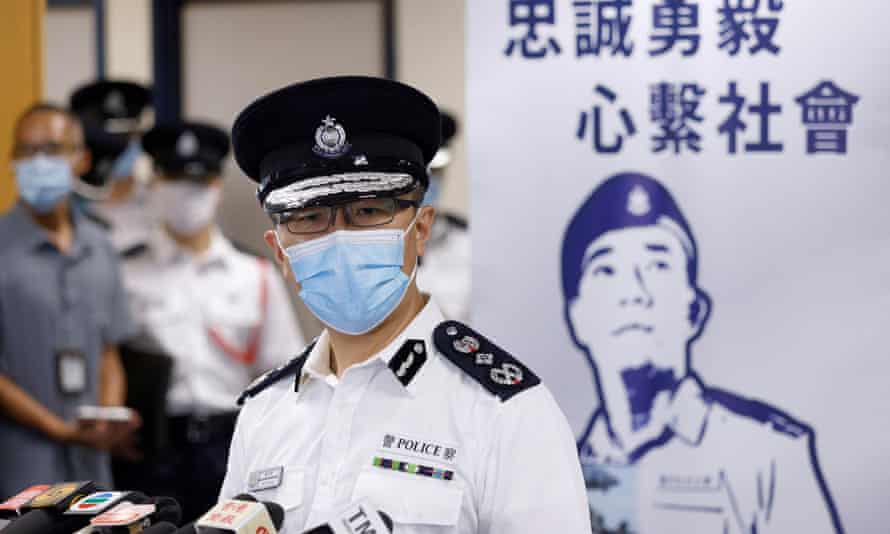GM has placed a multi-million dollar bet on direct brine extraction of lithium in the Salton Sea Geothermal Area while Albemarle says its new battery materials innovation center will begin operations this month.

By Steve Hanley
The EV revolution will need a lot of lithium to make enough batteries to power all those electric vehicles. Today, most of that lithium comes either from brine deposits in Argentina, Chile, and Bolivia or from rock deposits in Australia. There are any number of reasons why major companies would prefer to get the raw materials to make their products from local sources. Transportation costs are lower and the likelihood of political instability is less.
Experts believe the Salton Sea, an aberration created by human activity which allowed excess irrigation water from the Colorado River to flow into what was once a dry canyon with no exit in California’s Imperial Valley, could be a source. Over the decades, less water has flowed in and evaporation has slowly reduced the volume of the lake, leaving behind a semi-toxic stew that has driven humans away and killed off most of the birds that used to visit the area.
Controlled Thermal Resources, an Australian mining company, has created what it calls a “direct extraction” process that recovers lithium from groundwater in what is called the Salton Sea Geothermal Field. The company says its closed loop process has a small physical footprint and creates few carbon emissions.
“It’s the single largest lithium brine resource in the United States, if not on the planet. … It will be a critical hub,” Rod Colwell, CEO of CTR, told Fortune earlier this month. The California Energy Commission estimates the Salton Sea Geothermal Field could produce 600,000 tons of lithium carbonate annually, worth $7.2 billion.
According to The Verge, General Motors has made a multi-million-dollar investment (how many millions are involved is undisclosed) in CRT. In return, it will have first dibs on the lithium CTR produces. “Lithium is a crucial metal to make these affordable high mileage electric vehicles in our future. We’re gonna have the first rights for the lithium produced out of this project,” says Tim Grewe, general director of electrification strategy and cell engineering at GM.
“Lithium is critical to battery production today and will only become more important as consumer adoption of EVs increases, and we accelerate towards our all-electric future,” adds Doug Parks, GM executive vice president for global product development, purchasing, and supply chain. “By securing and localizing the lithium supply chain in the U.S., we’re helping ensure our ability to make powerful, affordable, high mileage EVs while also helping to mitigate environmental impact and bring more low-cost lithium to the market as a whole. GM looks forward to working with CTR, in addition to state and local leaders, in achieving these goals.”
The CTR project is not expected to produce lithium on a commercial scale until 2024, but Grewe says GM will try to synthesize the lithium for its batteries as “quickly as it can, trying to beat [2024]” if possible. Other lithium extraction operations in the SSGF have not been commercially viable, such as Simbol Materials, which went bust in 2015 after a storm of media hype about its prospects.
There is no guarantee that GM’s investment will pay off, but the company thinks the risk is worth taking. “It is very difficult,” Grewe says. “It has to cover all of our built-in quality metrics that we have at General Motors.”
“I’d say the main concerns around lithium extraction from geothermal brines are mostly economic,” Chris Berry, president of House Mountain Partners and an analyst who focuses on energy metals supply chains, tells Vox. “Investors want to see proven economics before writing big checks to develop projects and battery manufacturers want to see proof of scalable production of battery grade lithium before entering into binding off-take agreements.”
Albemarle Battery Materials Innovation Center
Albemarle, the only U.S.-based producer of lithium-metal anodes, will open its new Battery Materials Innovation Center in Kings Mountain, North Carolina, this month. The BMIC will enable the company to rapidly research new materials and manufacturing processes and incorporate them into battery cells for performance testing.
In a press release, the company says the new facility includes a dry room with a multi-layer pouch cell line that can create cell phone sized batteries to demonstrate critical aspects of battery performance and accelerate transition of new products to customers. The lab will also develop lithium metal anode technologies that will increase battery energy density by utilizing advanced lithium metal rolling to achieve lithium foils 20 microns thin — about one fifth the thickness of a human hair — or thinner. The team plans to demonstrate lithium foils as thin as 3 to 5 microns using new technologies currently being developed.
“The completion of the Battery Materials Innovation Center provides us with realistic and relevant cell building capabilities to generate meaningful data for next-gen battery material design,” says Glen Merfeld, Albemarle’s chief technology officer. “With this new resource, we will be equipped to optimize our lithium materials for a drop-in solution for customers that help them deliver high performing, cost effective batteries for the rapidly growing electric vehicle market.”
Transitioning from graphite to lithium-metal anodes has the potential to double energy density and reduce cost by as much as 50%, the company says. Such innovations that leapfrog current technologies and encourage step changes in disruptive cathode and next-generation anode manufacturing are what will make the high-capacity lithium-ion batteries of the future possible.
No doubt that is true, yet there are dozens if not hundreds of research facilities around the world trying to do the same thing. Some of them will come up with innovations that actually increase battery capacity and lower charging times while reducing costs. Most won’t do any of those things. The promise of Albemarle’s new research facility is that it will reduce the time it takes to create and test new innovations to determine if they have any chance of success in commercial production.
The road from laboratory to production is strewn with challenges and pitfalls. The upshot is that it could be many years before Albemarle’s innovation hub will succeed in its quest to develop better batteries. It certainly talks a good game, however.
“We actively pursue a sustainable approach to managing our diverse global footprint of world class resources. In conjunction with our highly experienced and talented global teams, our deep seated values, and our collaborative customer relationships, we create value added and performance based solutions that enable a safer and more sustainable future,” it says. Then again, any business corporation would say those things, wouldn’t it? The proof of the pudding will be in the doing. We wish them every success.











![Flags of the People's Republic of China and the Hong Kong SAR hang above a street in Hong Kong before the 100th anniversary of the Chinese Communist Party [Jerome Favre/EPA]](https://www.aljazeera.com/wp-content/uploads/2021/06/h_57005719.jpg?resize=770%2C513)




